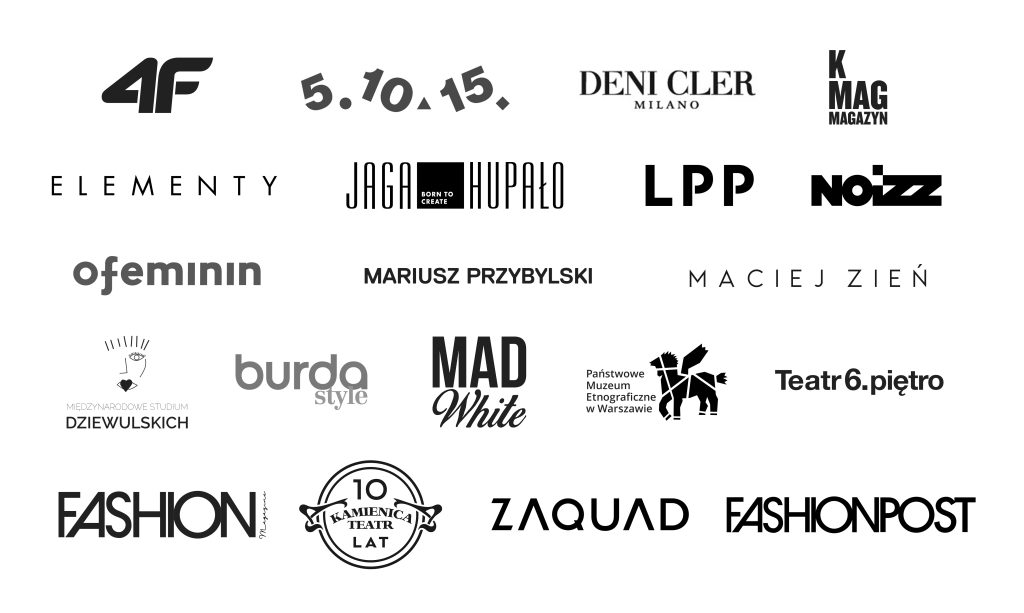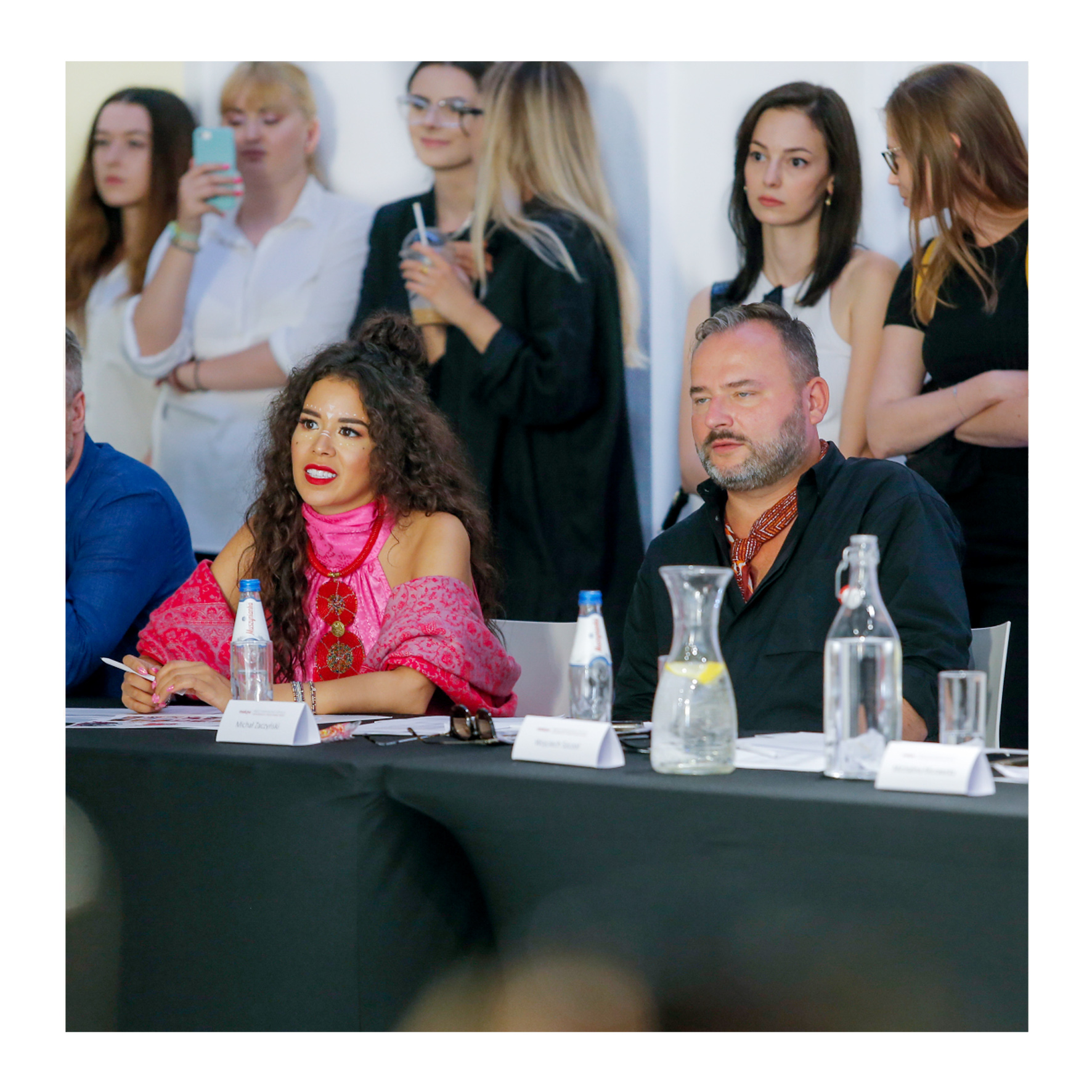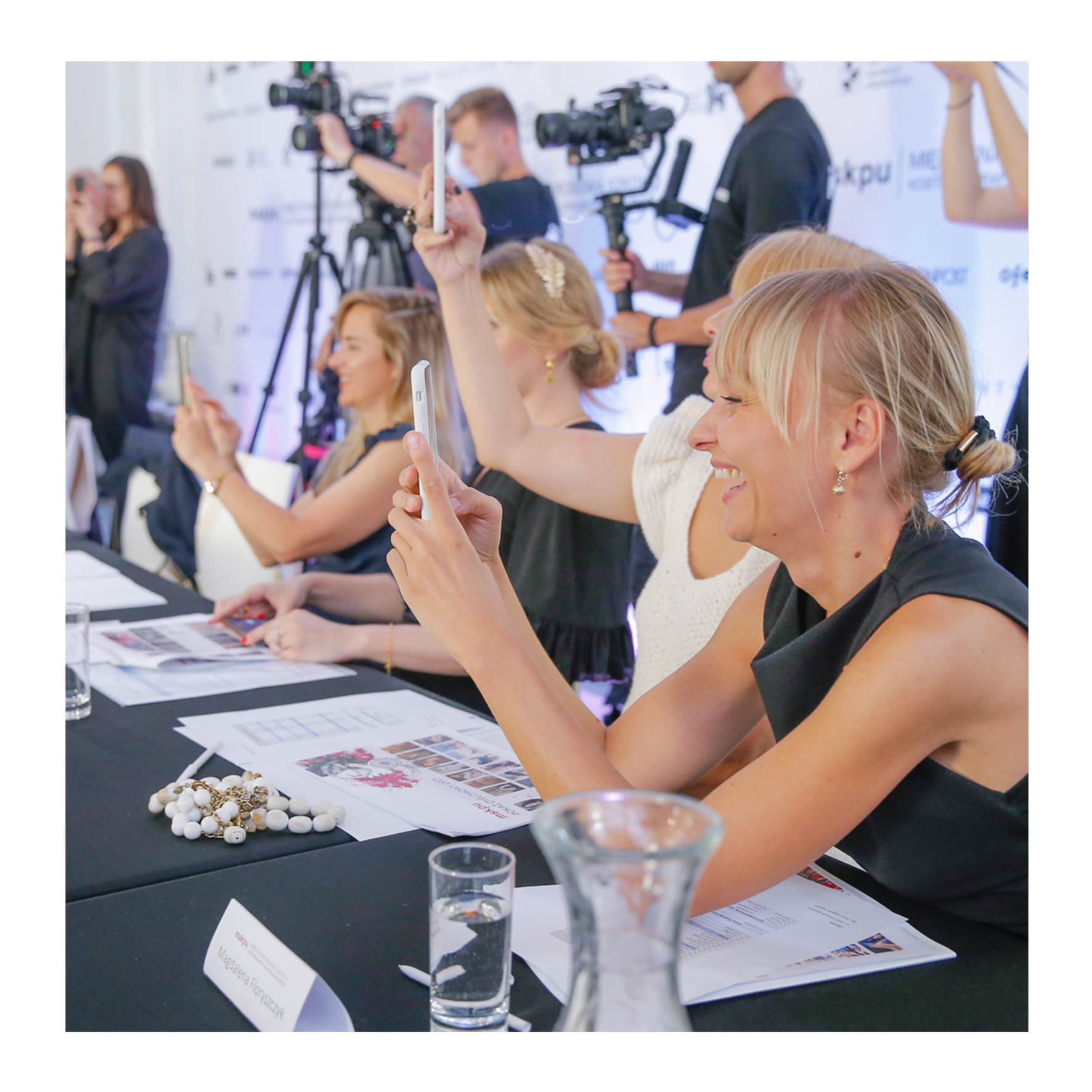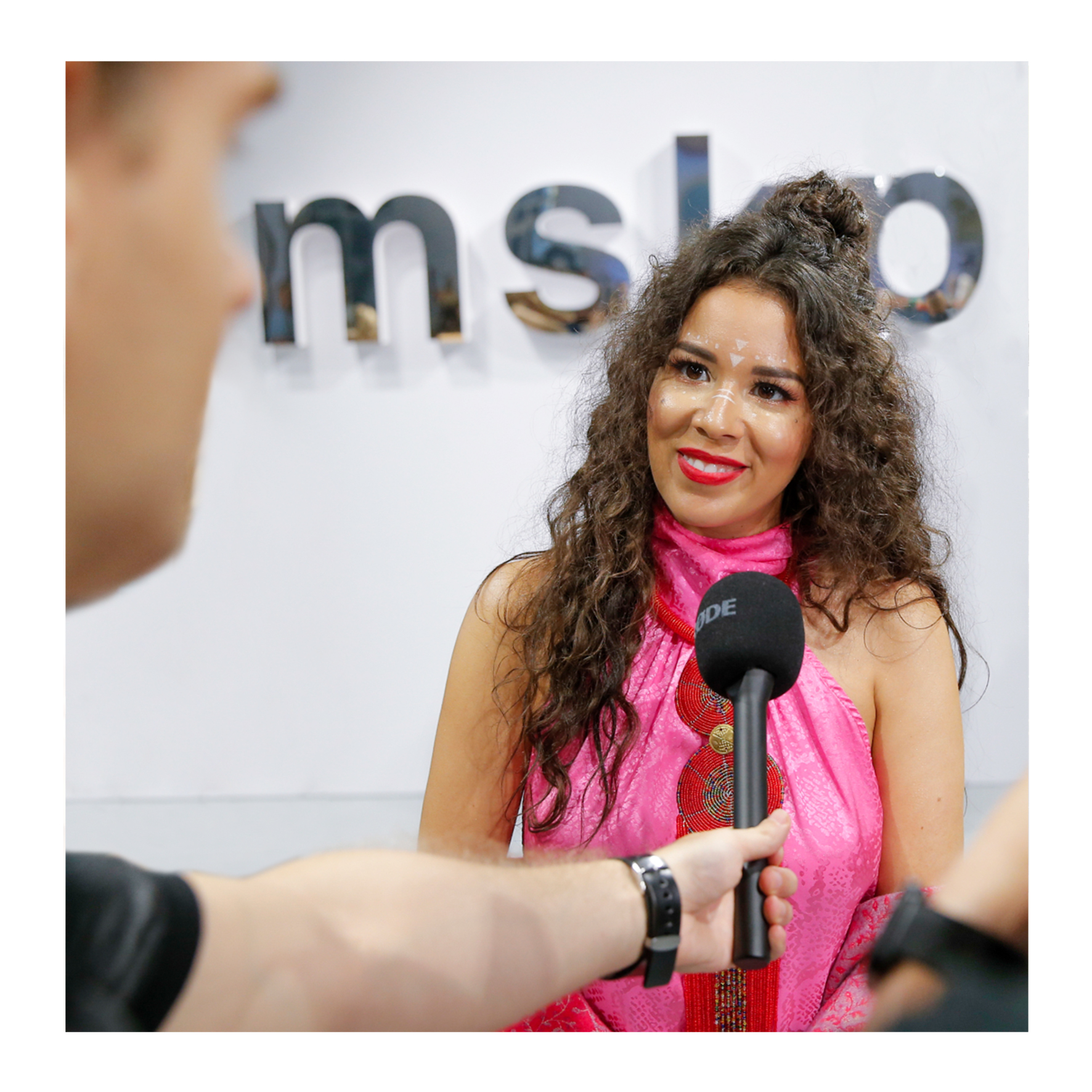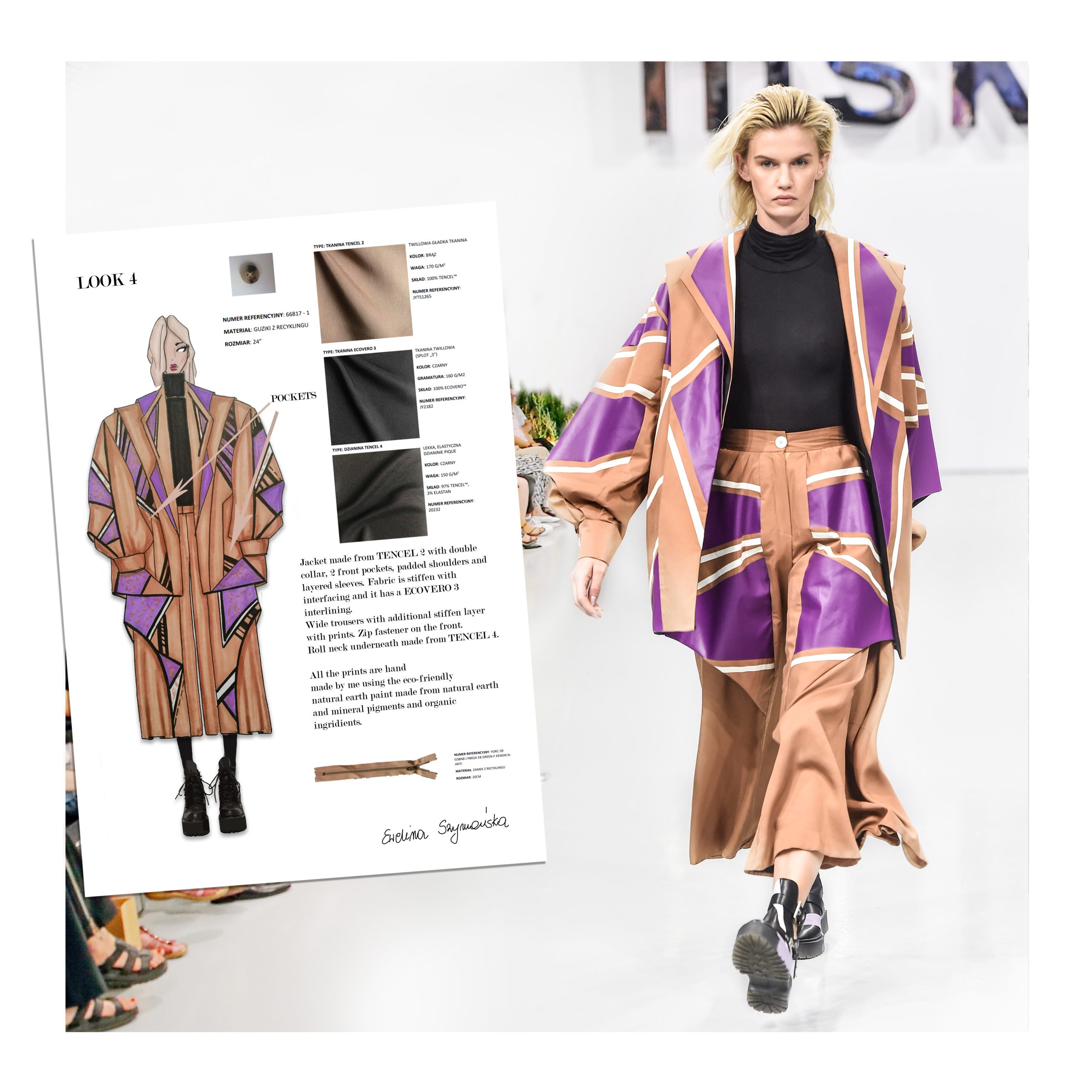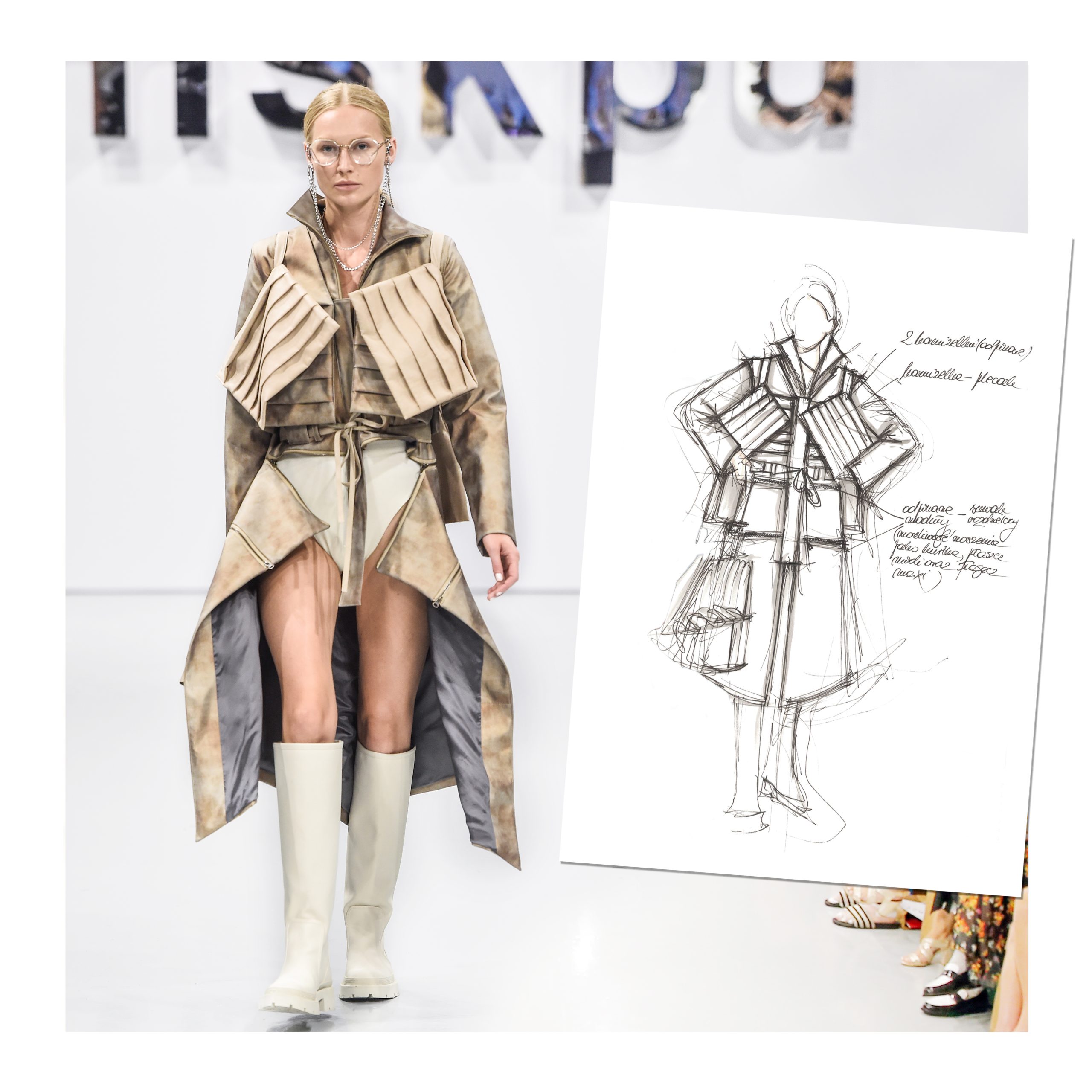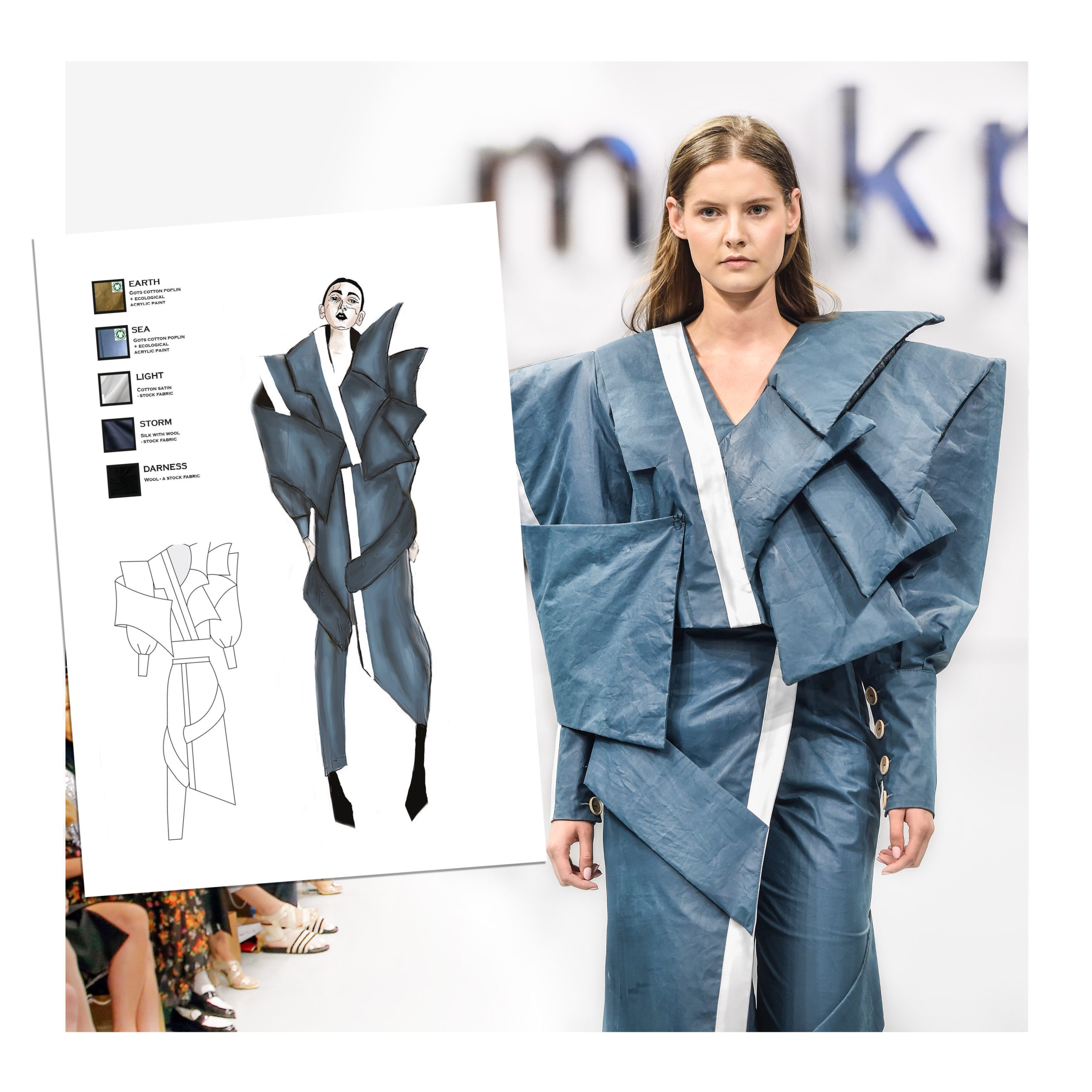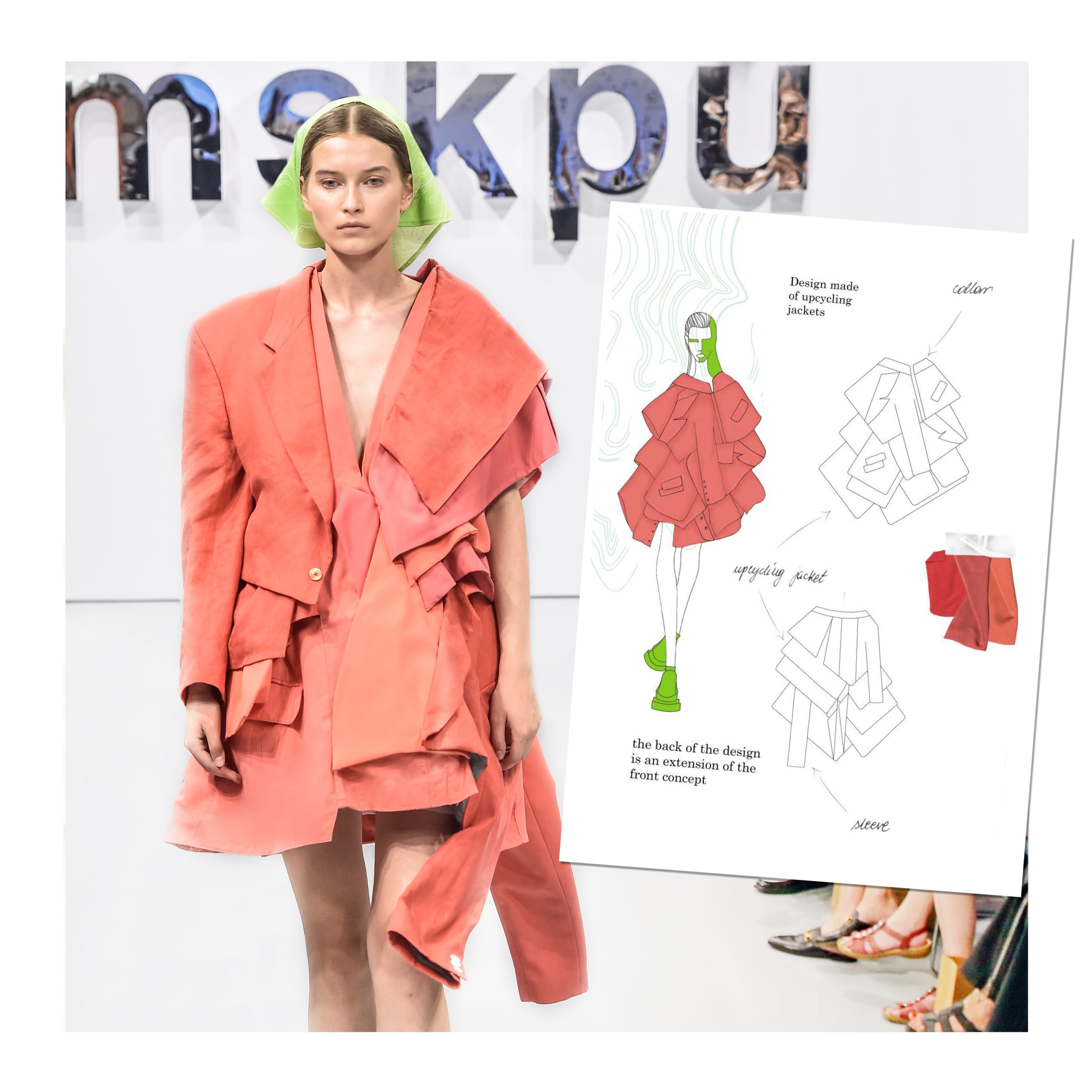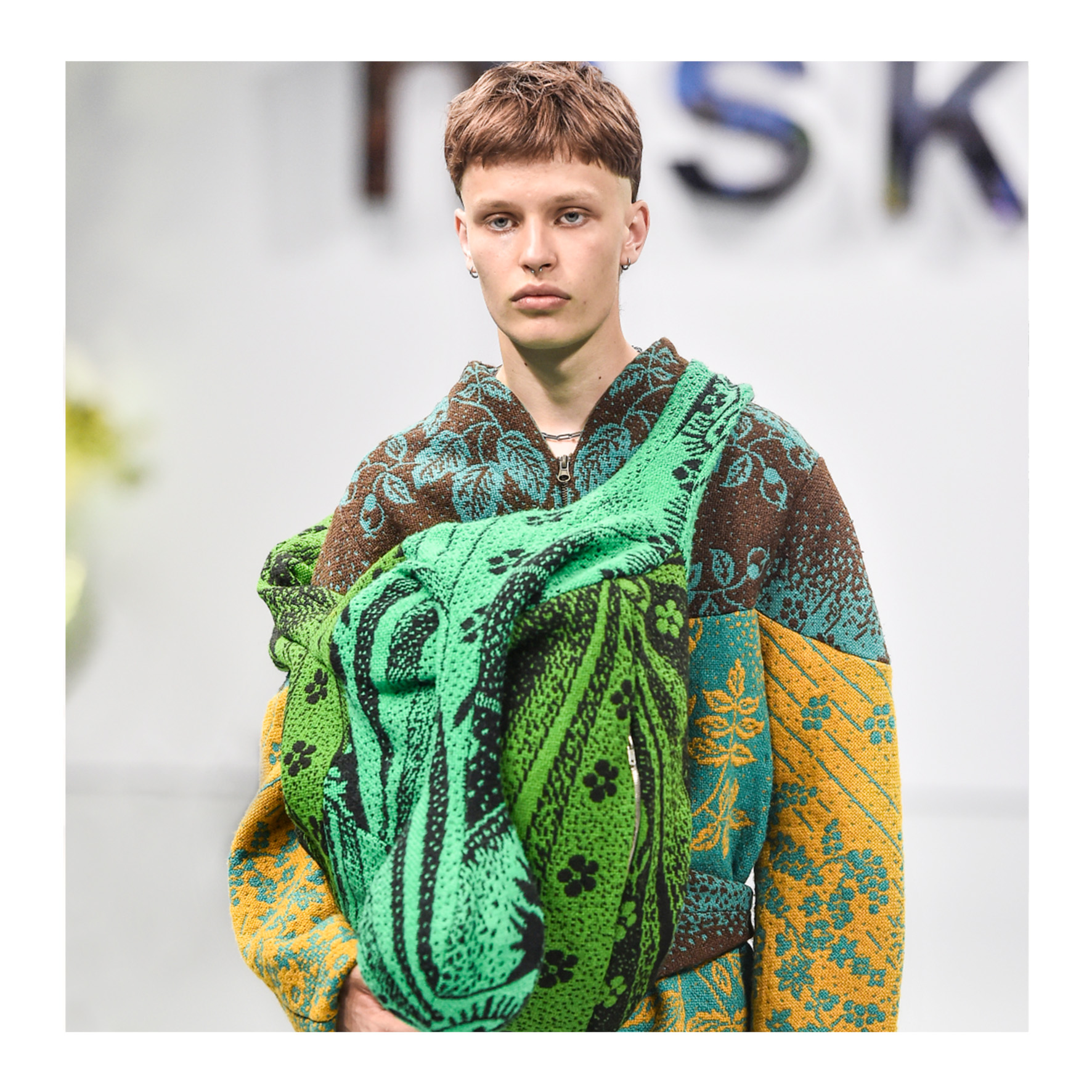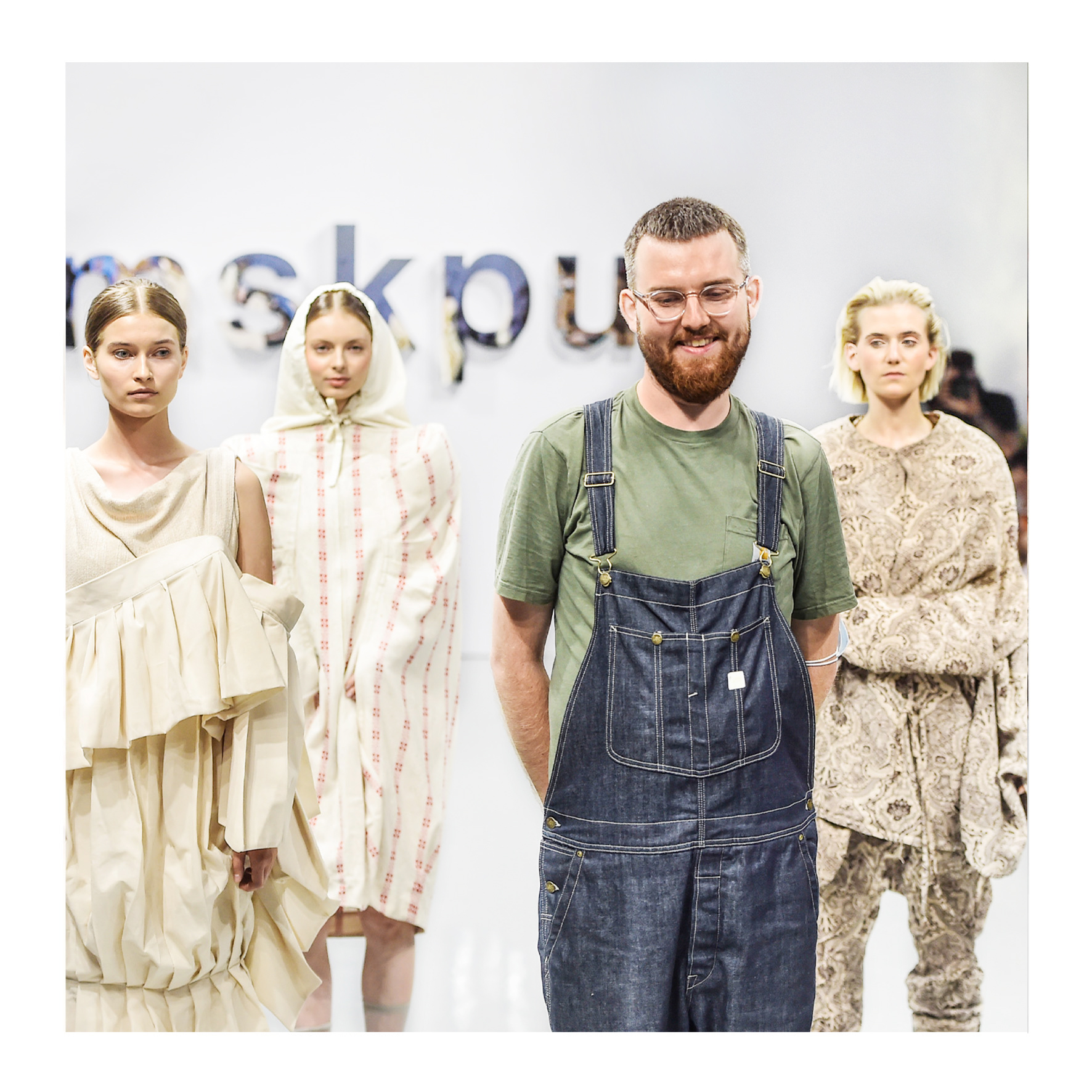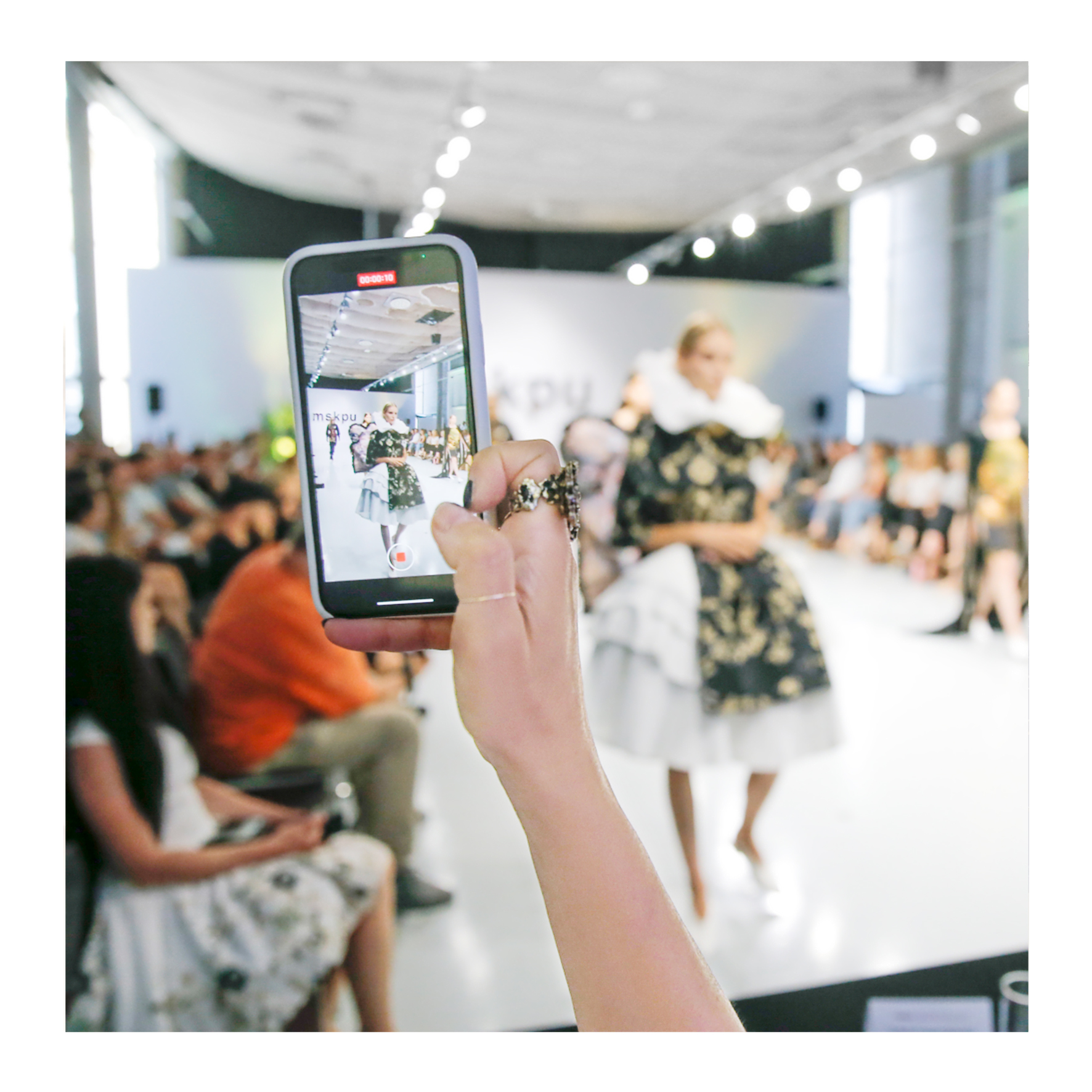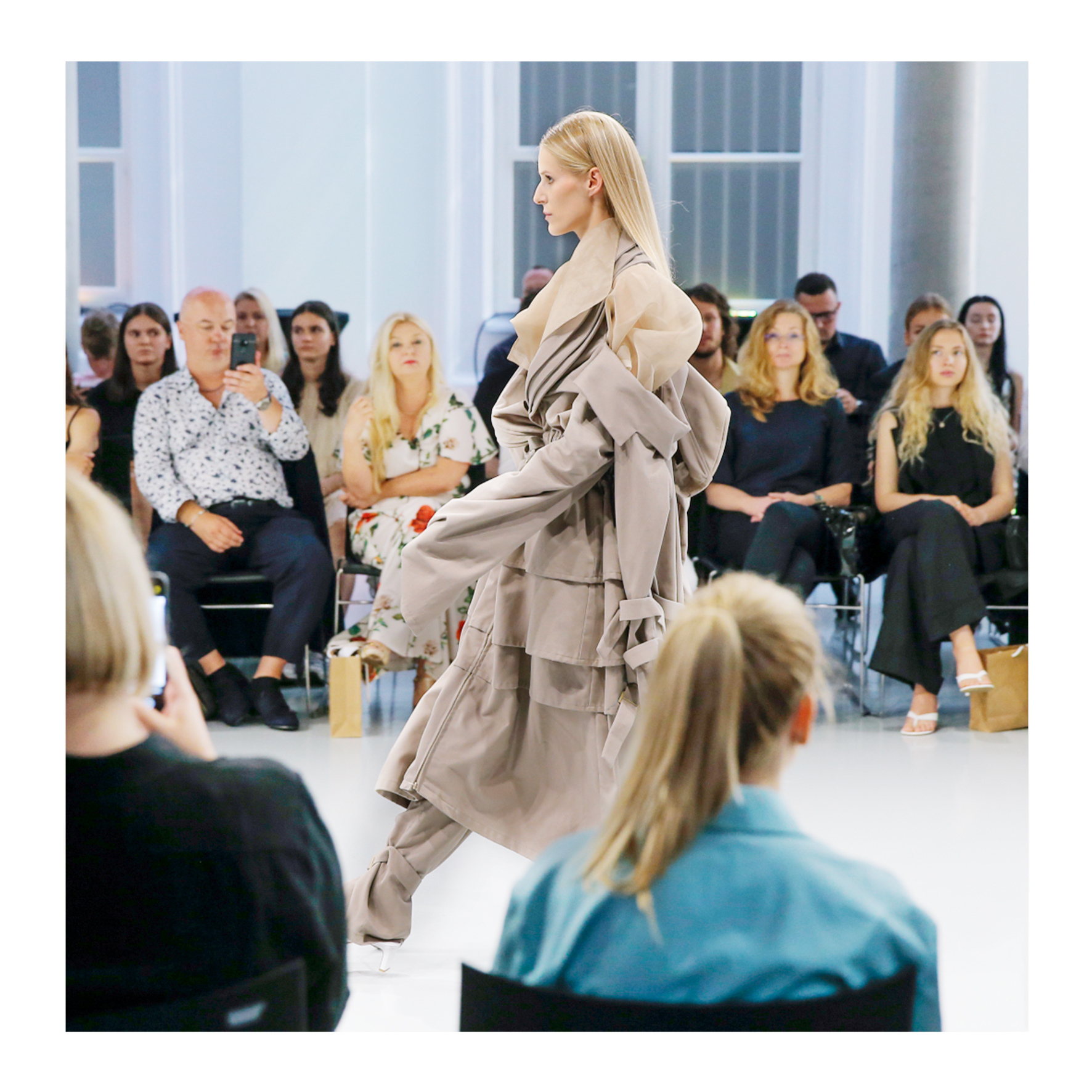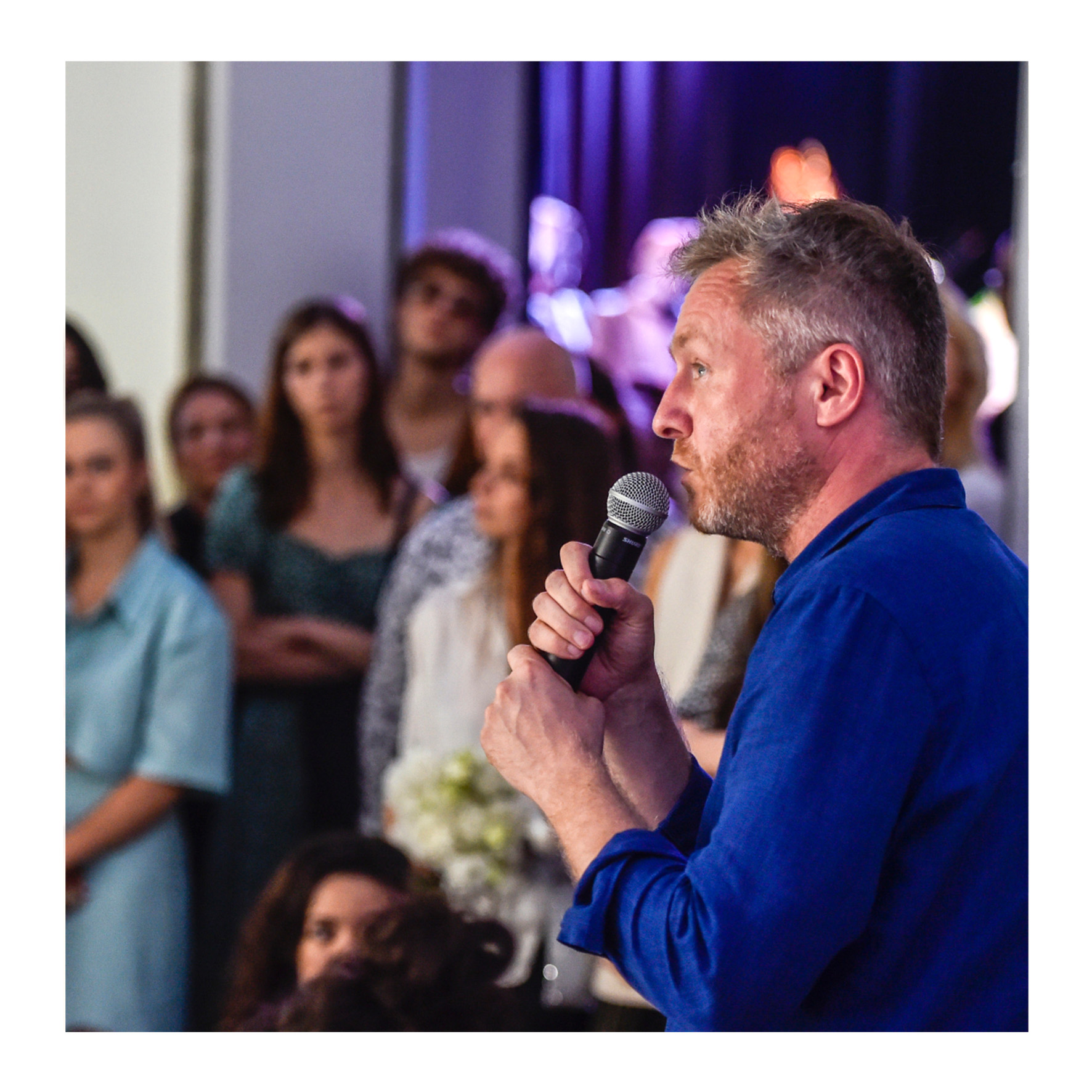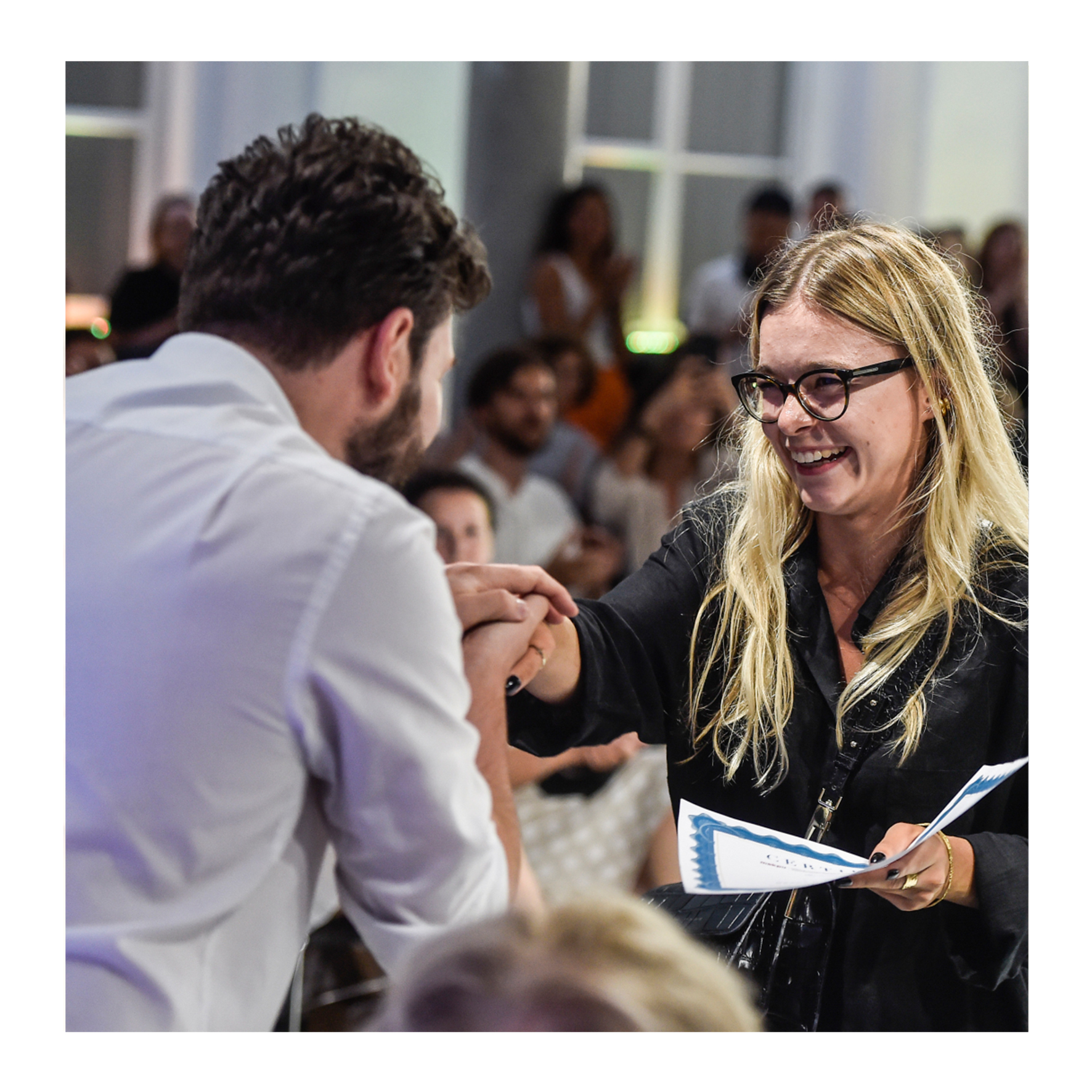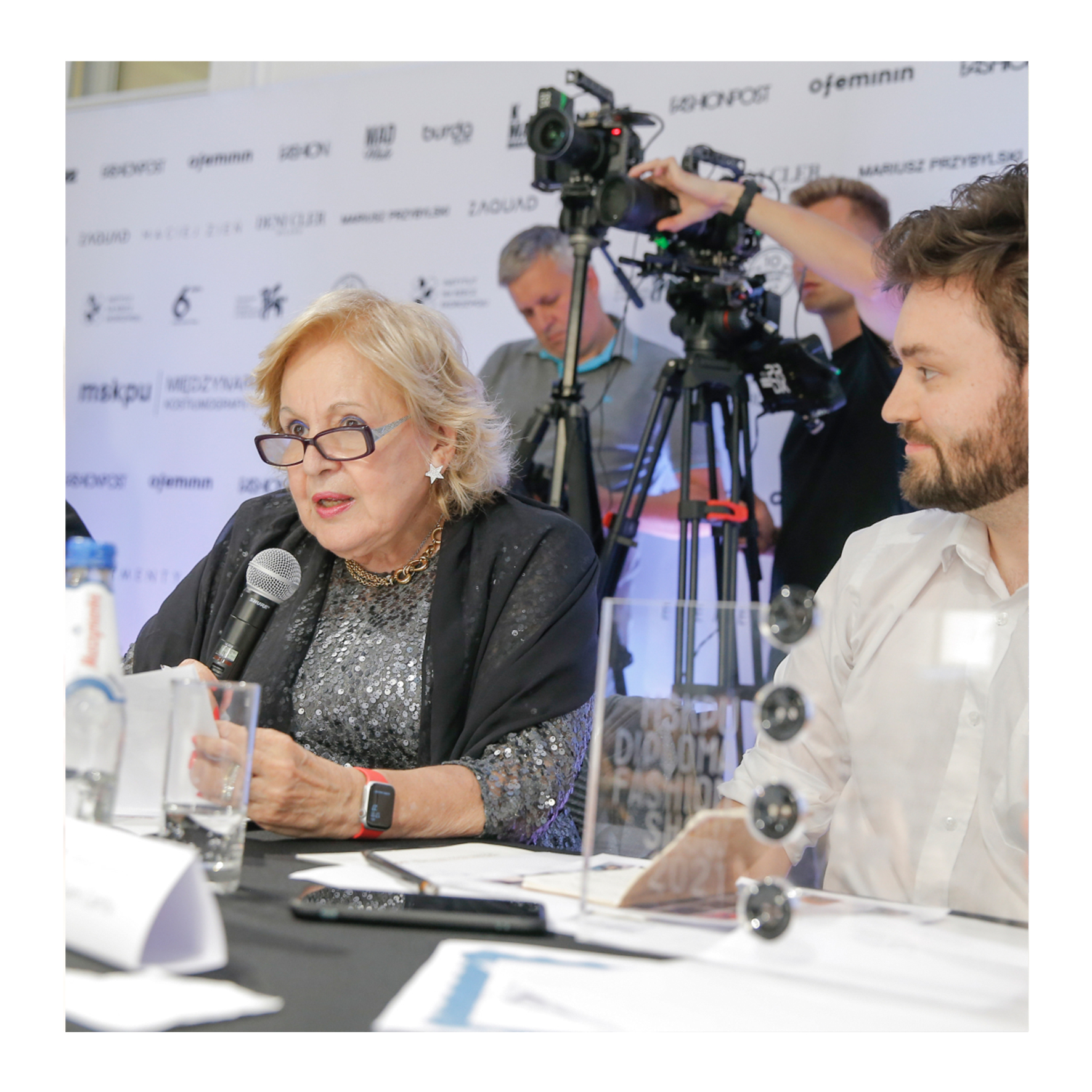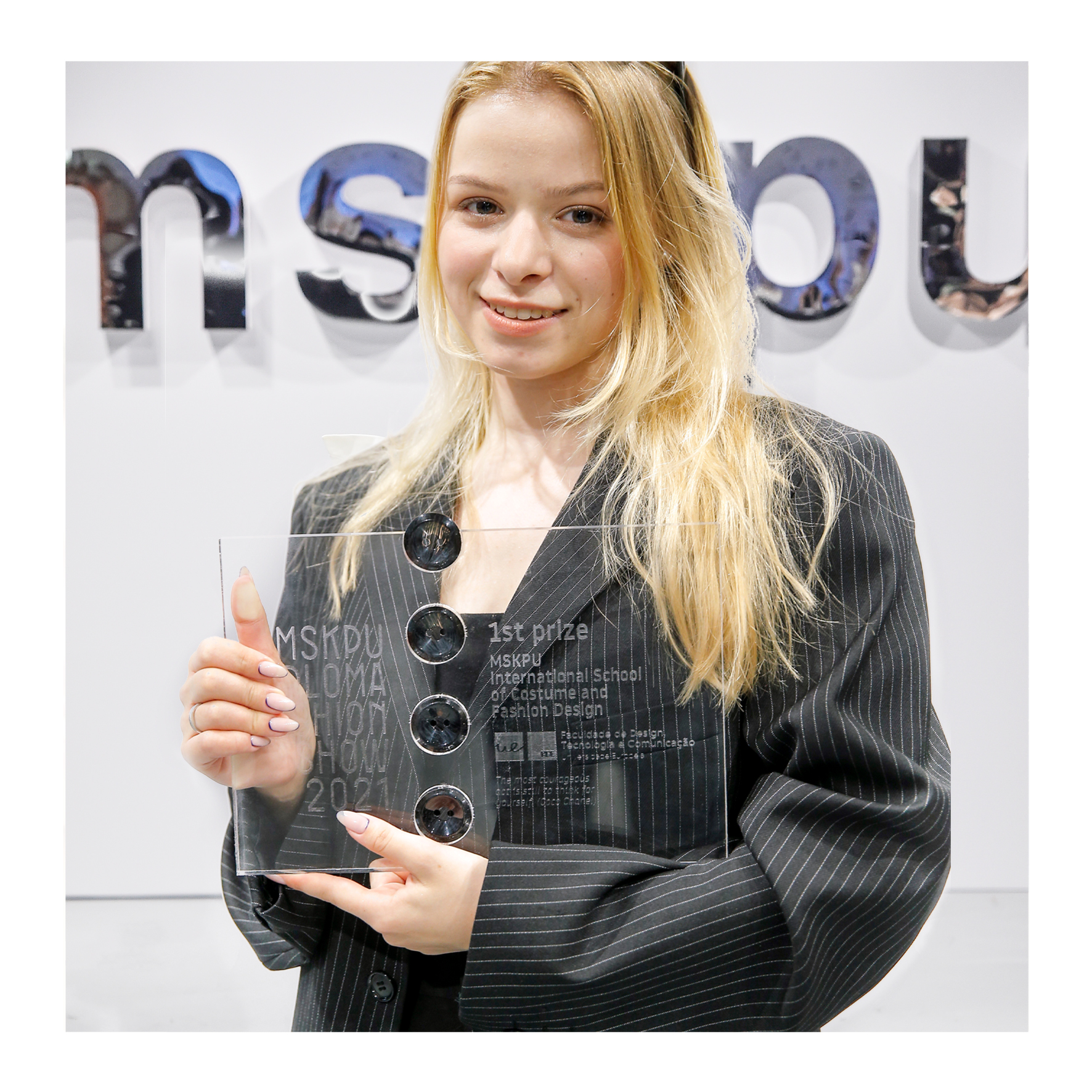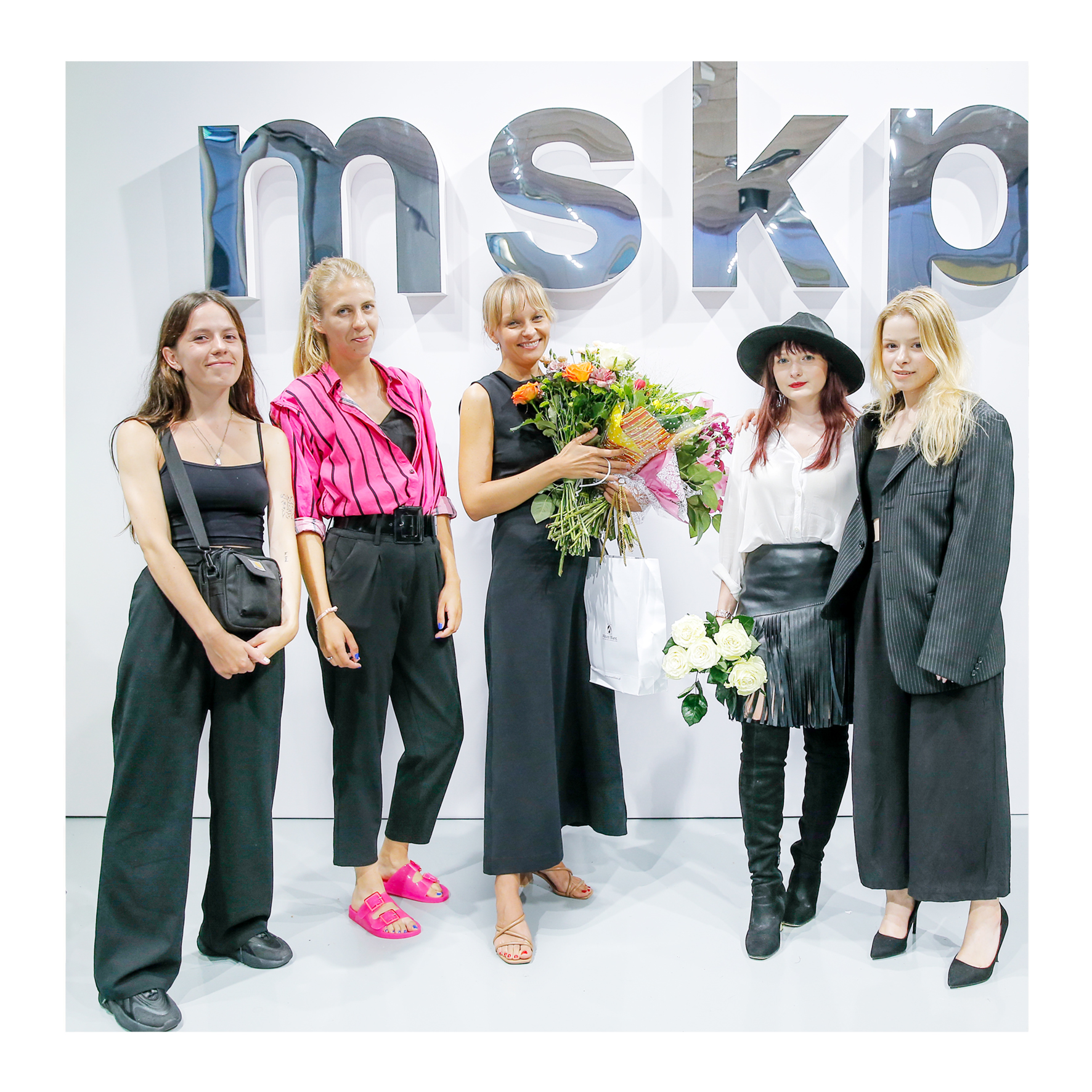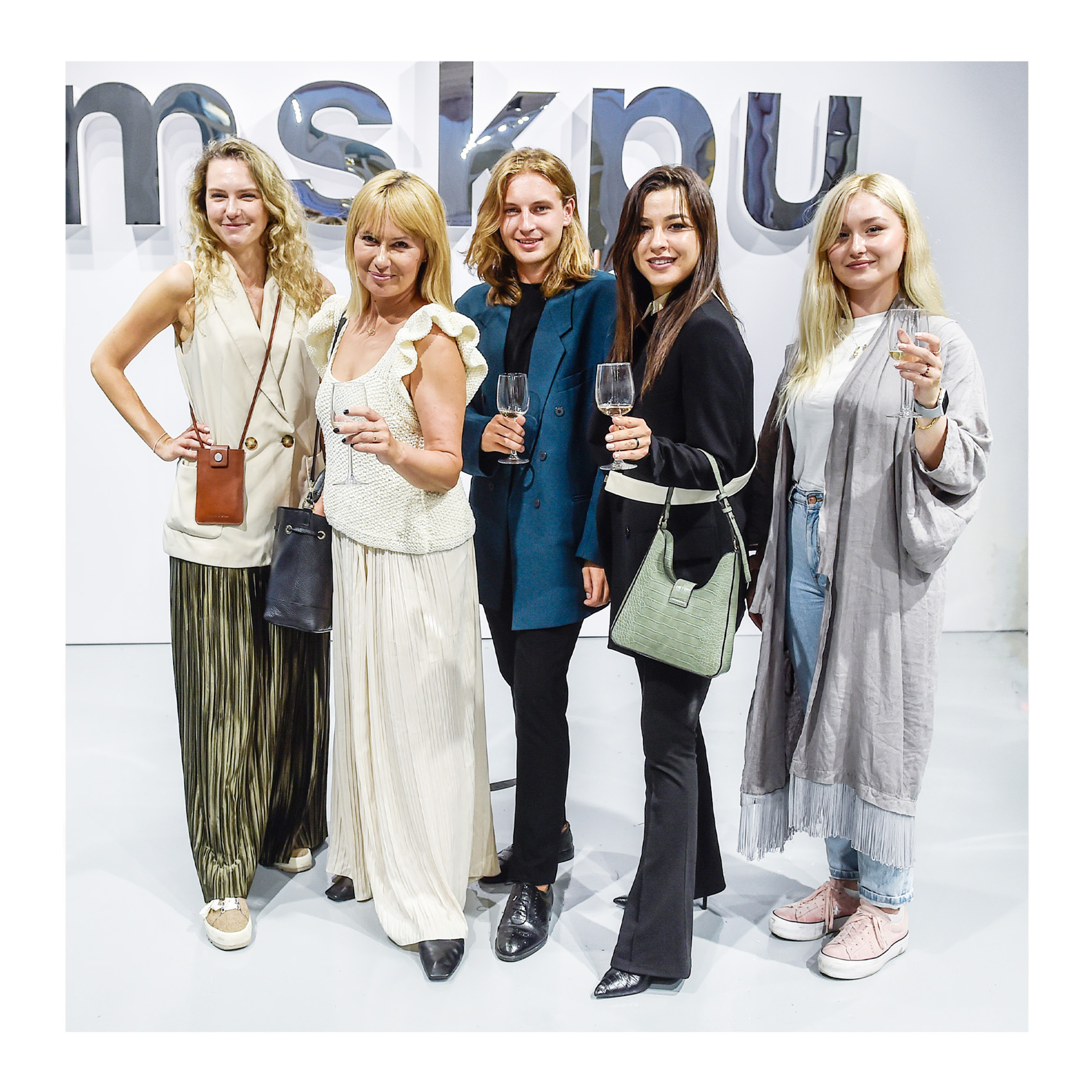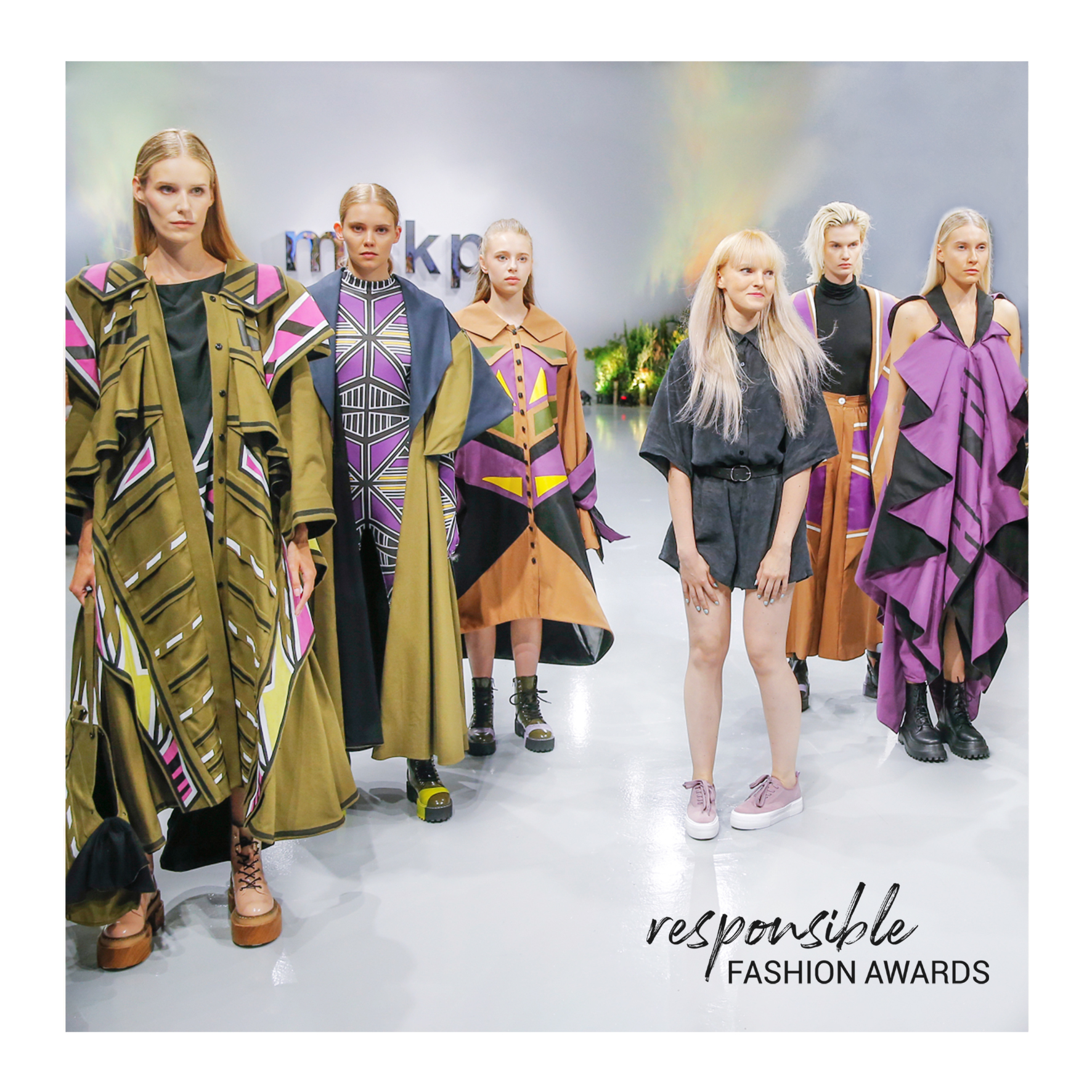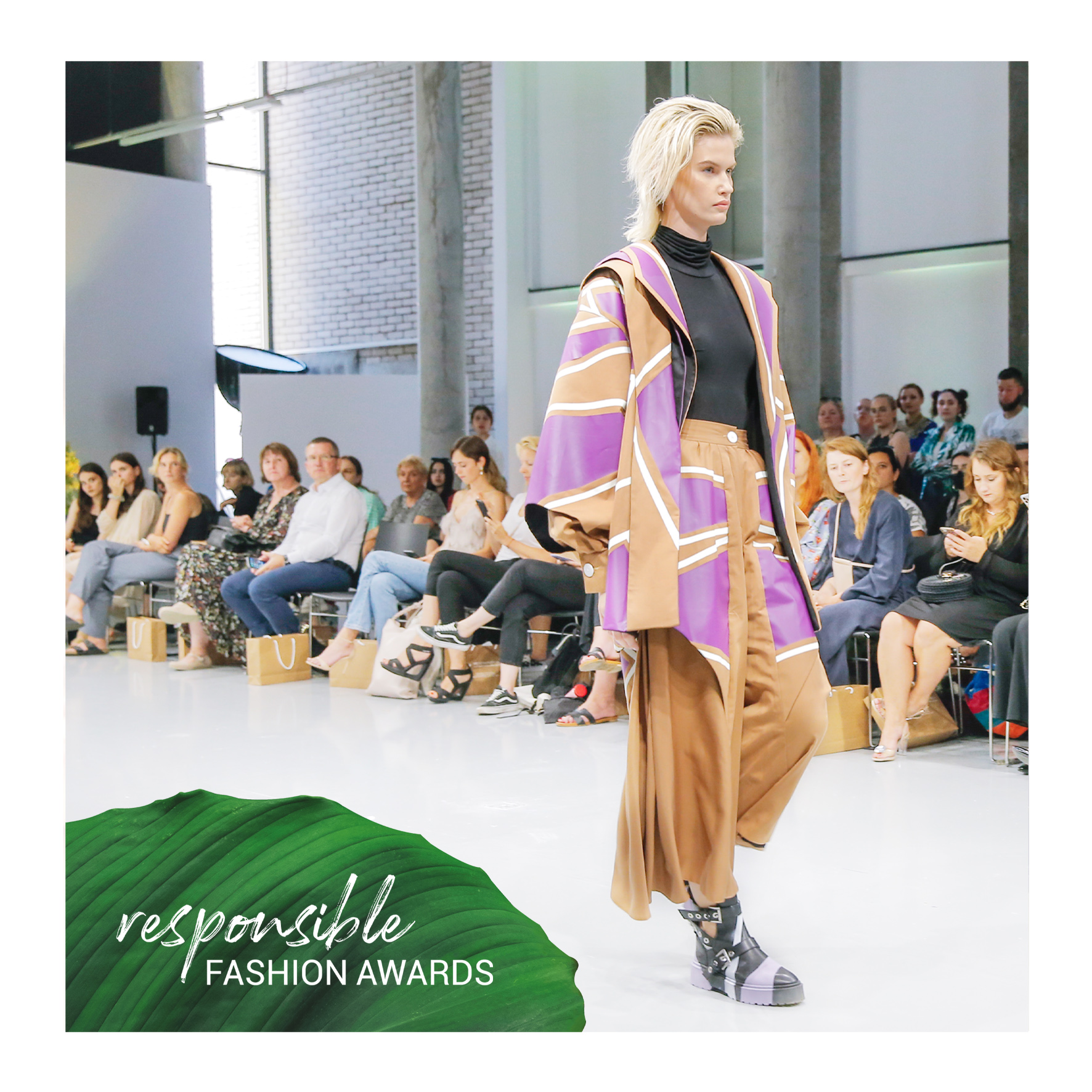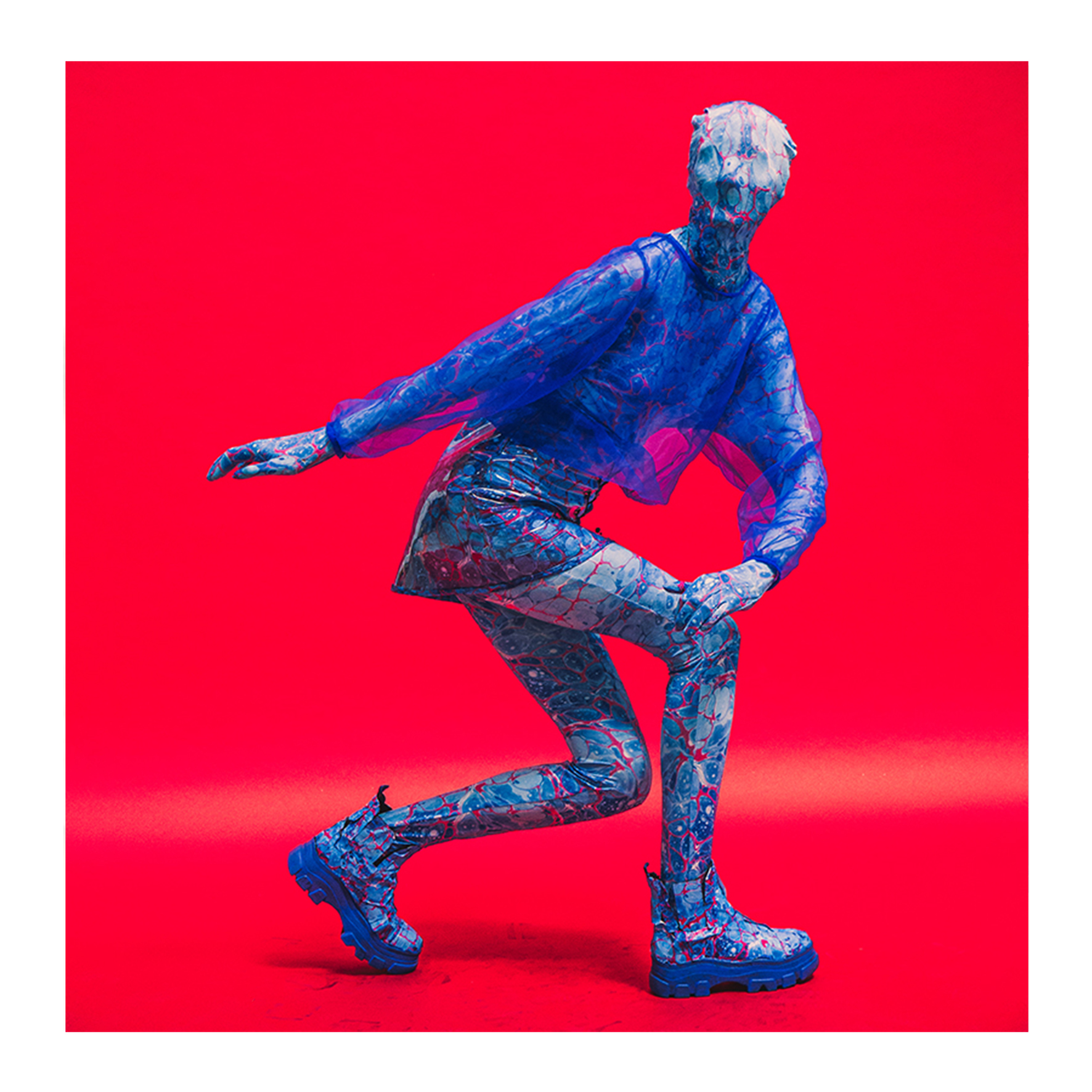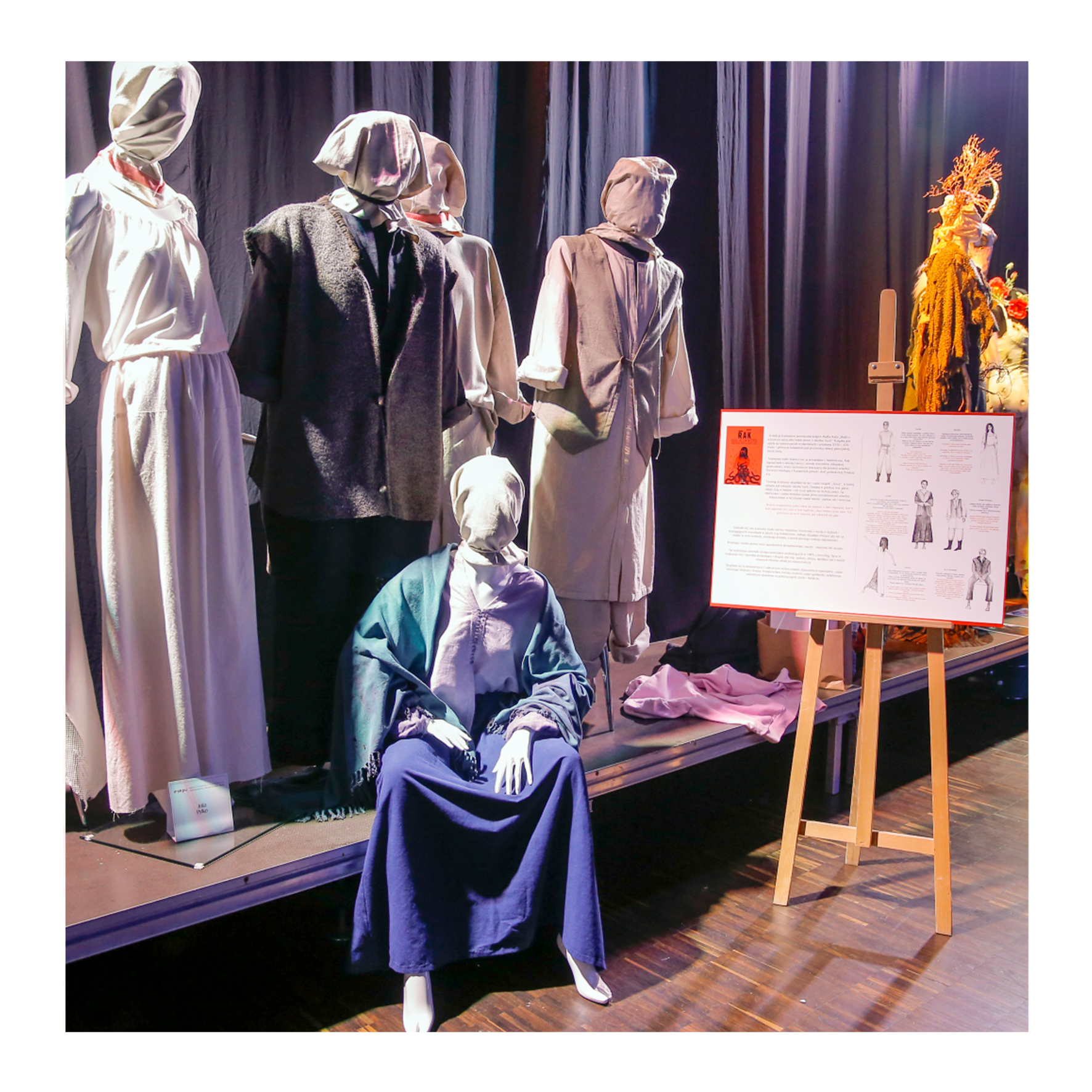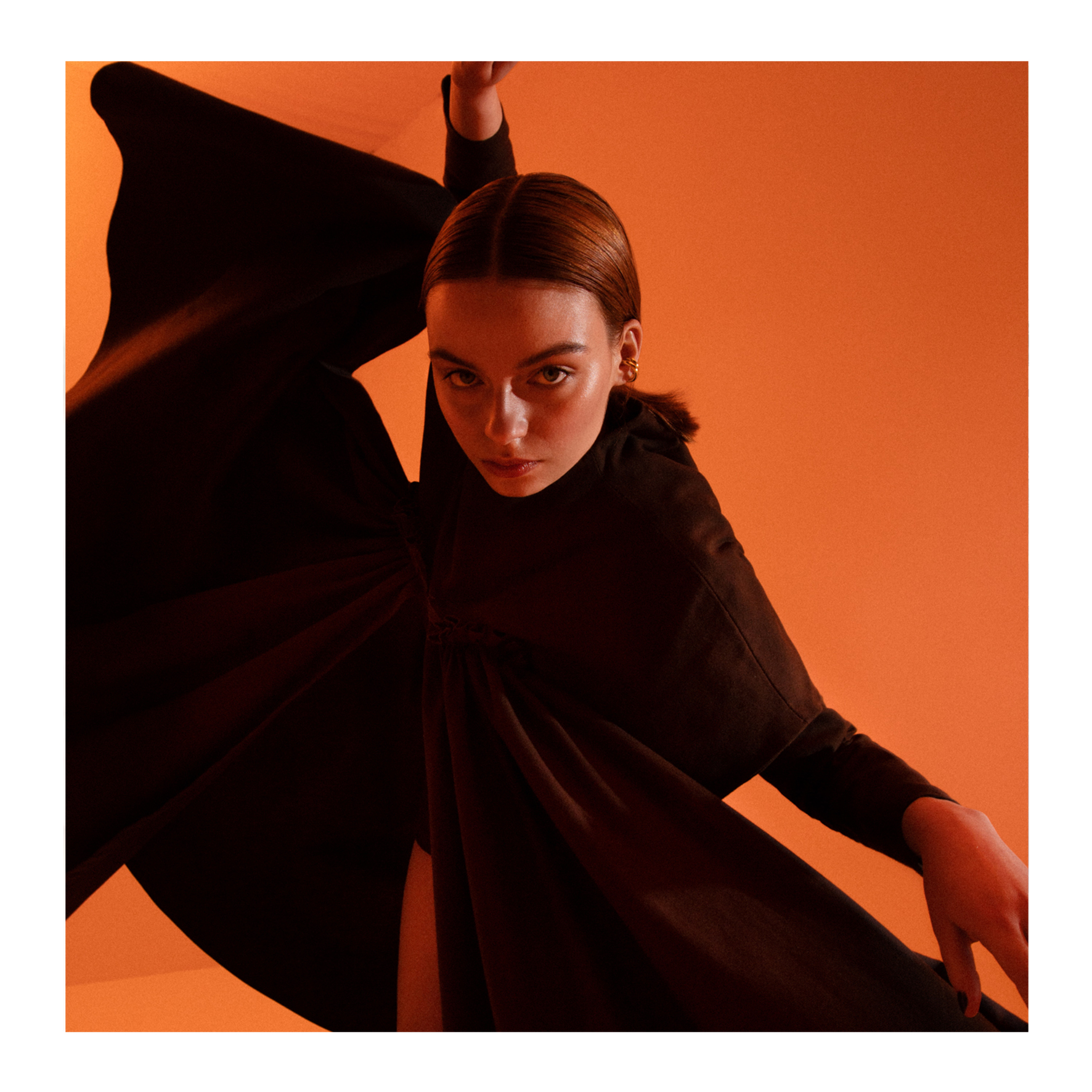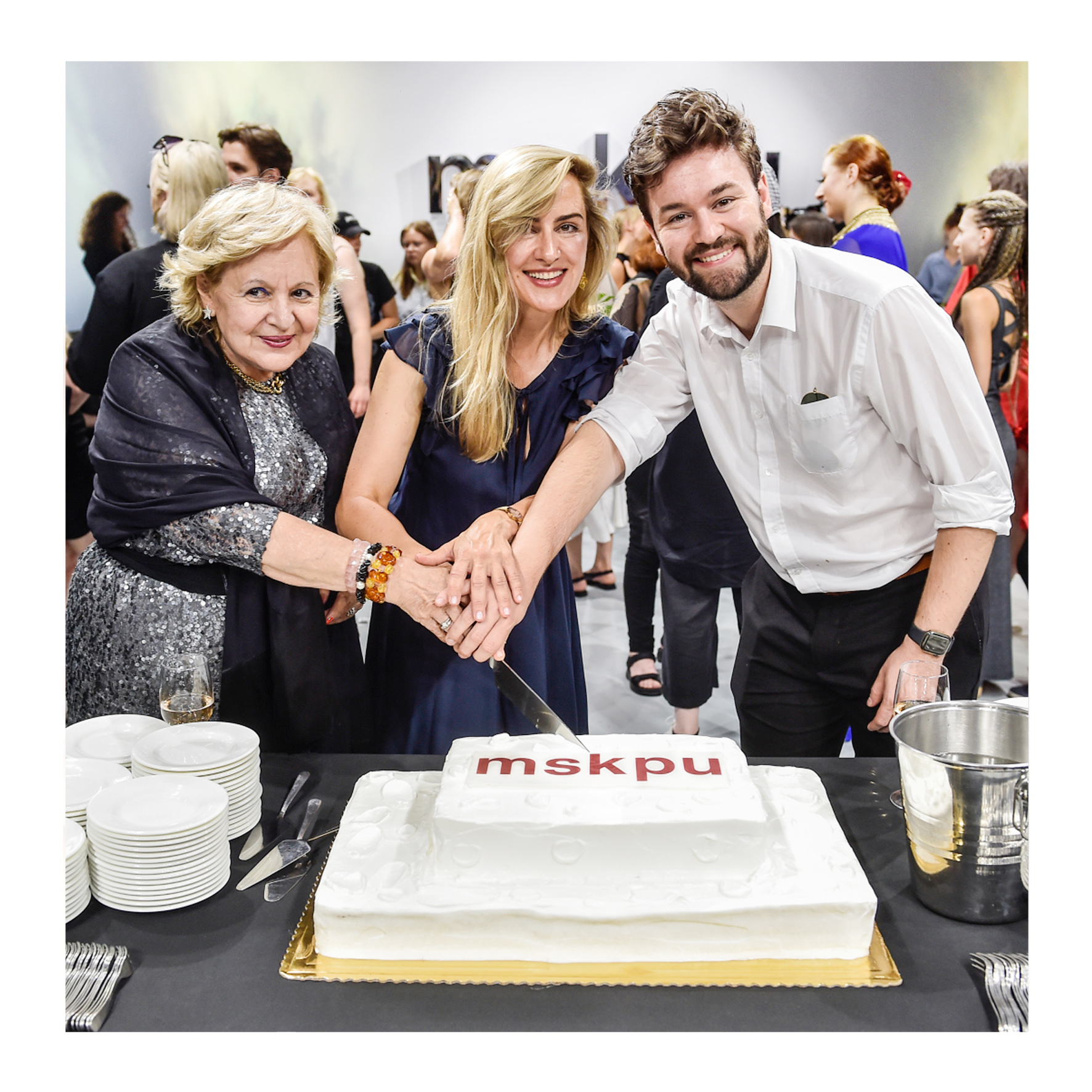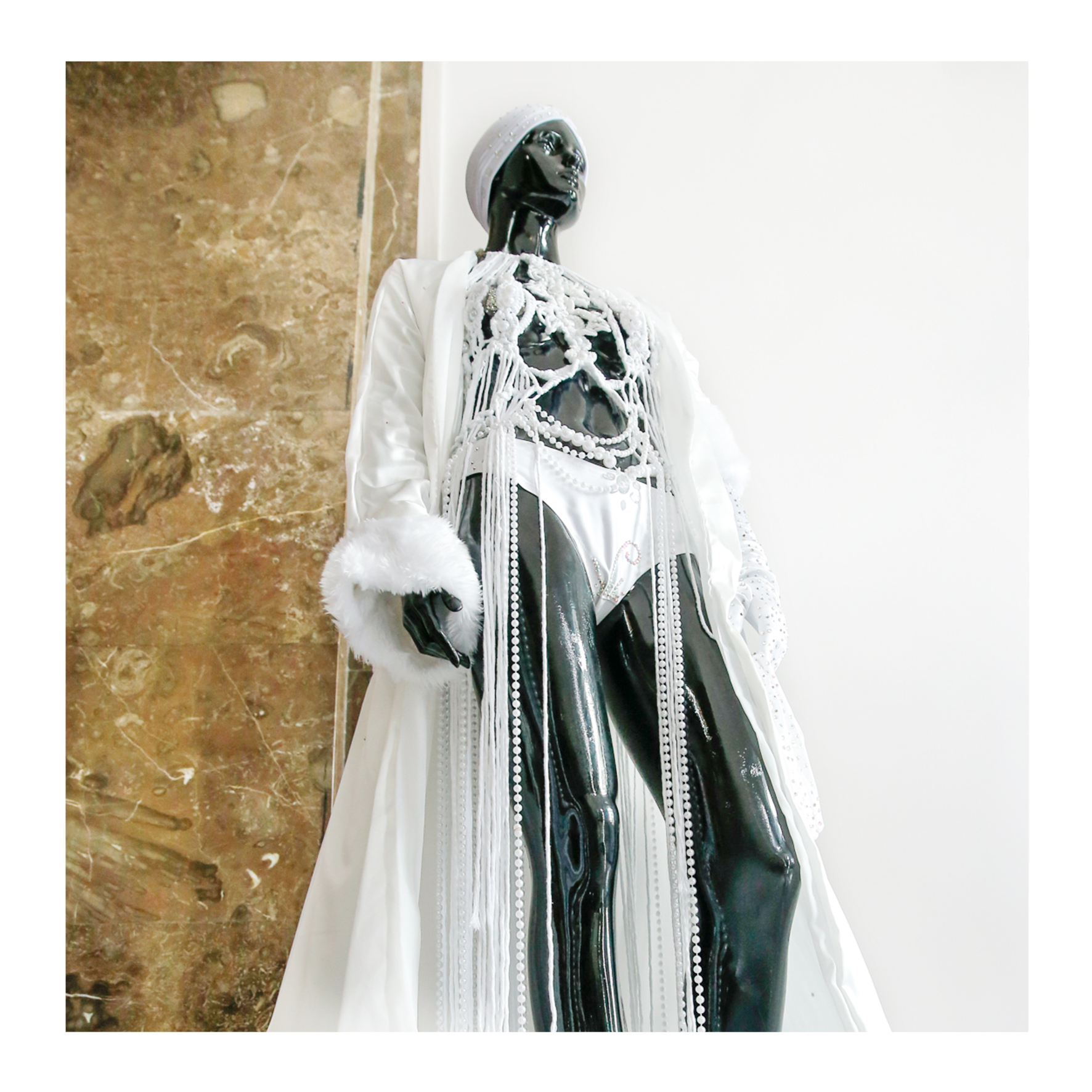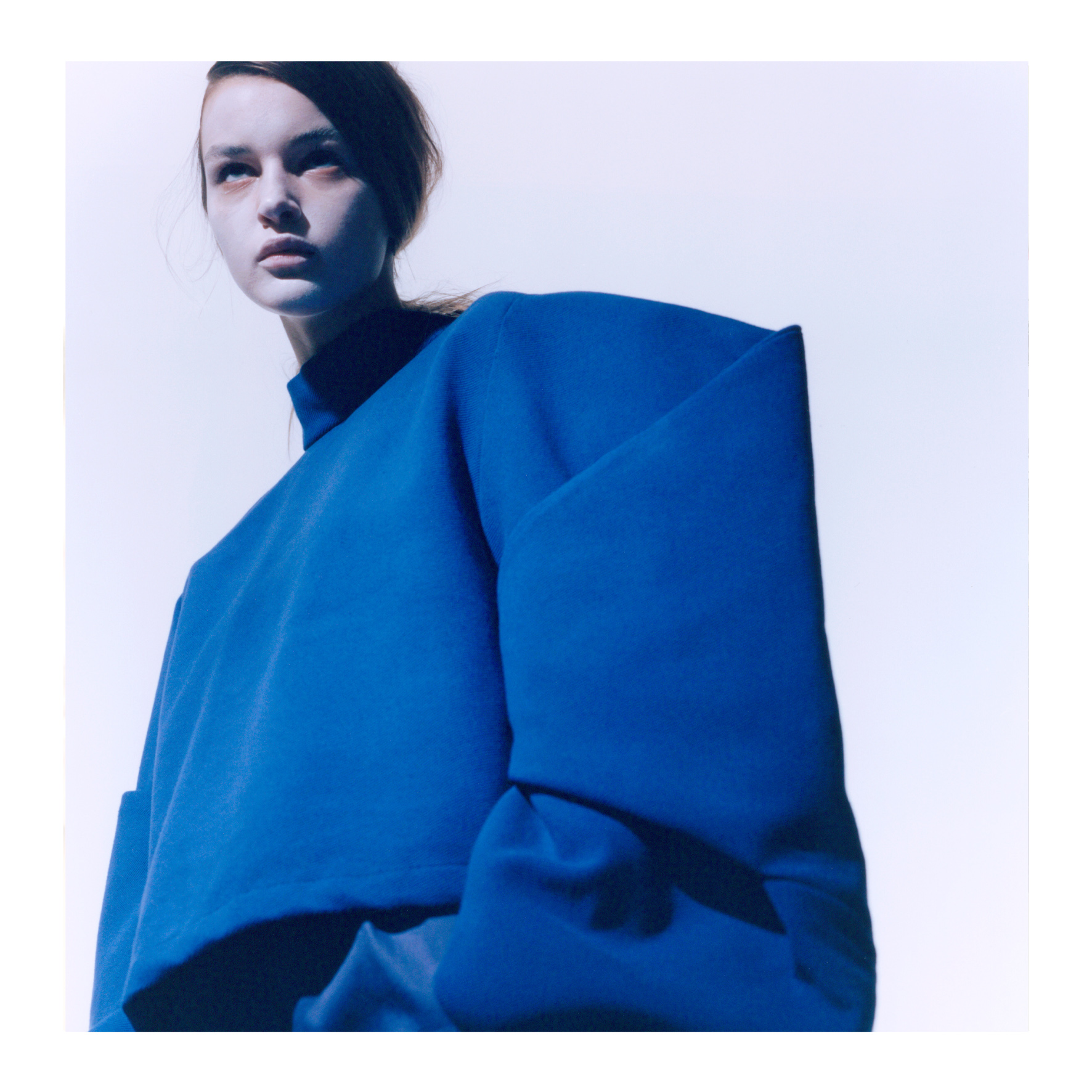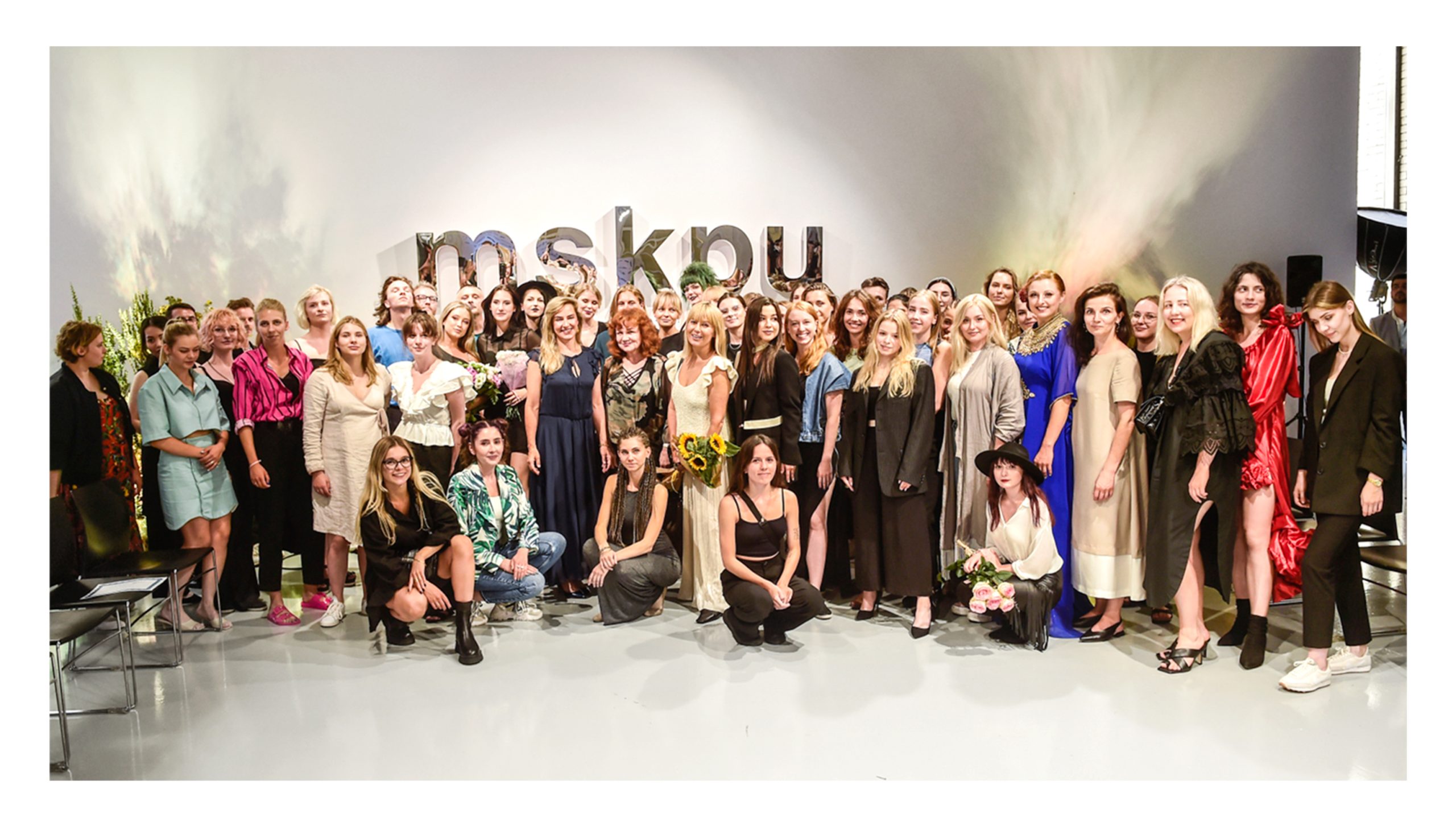The MSKPU Diploma Show is an incredible event where young designers can showcase their diploma works. For graduates, it is a culmination of a wonderful adventure and a prelude to the start of a full-fledged professional career. The show at the Ethnographic Museum featured 49 emerging designers and costume designers who once again surprised the jury with their ideas.
The student works were evaluated by a jury consisting of: Magdalena Floryszczyk, Katarzyna Szymańska, Zofia de Ines, Konrad Wielądek (Institute for Sustainable Development), Michał Zaczyński (Michał Zaczyński Blog), Christina Bifano (IED Barcelona), Theresa Lobo (IADE CREATIVE UNIVERSITY), Kamila Śladowska, Sylwia Lewandowska, Michalina Murawska (VOGUE), Wojciech Szczot (Fashion Magazine), Tamara Gonzalez Perea, Robert Zydel (Director of the Ethnographic Museum), Catherine NHung (KMag), Magdalena Czamara (VOGUE TALENTS Milano graduate), Magdalena Płonka (Director of MSKPU), and William Cantu (IADE Lisbon).
“I am positively surprised because this year’s level of presented collections was really good, and everyone had something to be proud of. What caught my attention the most was the aesthetic maturity. In many works, there was a lot of potential, there are definitely many talents among the graduates,” said Catherine NHung from KMag. Another important aspect that many jurors focused on was the functionality of the costumes.
“For me, the key was whether I would find something original in the presented works. I paid attention to functionality and the possibility of wearing these stylizations in various situations. Mikołaj Żurek’s collection appealed to me the most because it referred to tradition and was different from all the others. Despite its spectacular form, these were still clothes that could be worn on stage or at an event,” said Tamara Gonzalez Perea.
Michał Zaczyński, on the other hand, was drawn to the works of gentlemen such as Adrian Boczkowski and Krzysztof Byczkowski. “This year, the gentlemen performed very well; I really liked their projects. They created collections different from the rest, more current, modern, showing us the times we live in, more diverse in terms of techniques and fabrics used. They created collections that can be comfortably worn every day or on stage, in a music video, theater, or advertisement. These designers also had a very good sense of color, which is a quite difficult subject in Poland, as we are still learning it,” said the journalist.
Students who particularly impressed the jury with their collections were awarded distinctions and prizes in the form of internships and media publications.
This year, among the distinguished individuals were: Adrian Boczkowski, Krzysztof Byczkowski, Katarzyna Kruk, Klaudia Przewoźniak, Marta Krępa, Julia Masłosz, Martyna Cieślińska, Aleksandra Mazur, Marta Sielczak, Michalina Pełka, Gunjan Lakhwani, Jagna Rudzka, Patrycja Rudzińska, Julia Smogorzewska, Joanna Rupińska, Ewelina Szymańska, Patrycja Sobkiewicz, Mikołaj Żurek, Joanna Żeleźnik, Ewelina Żukowska, Weronika Kopacz, Aleksandra Mazur, Julia Pyłko, Magdalena Rachwał.
“My collection was inspired by Polish folklore, costumes from past years, and vases from the PRL era. The material I used for creating the collection was wool, which was once used to make bed carpets. Just a few decades ago, you could find them in every apartment in Poland; now they are often thrown away or pushed into a corner and forgotten. I wanted to show them back in a slightly different form,” said Mikołaj Żurek about his collection.
In addition, costume designer Julia Pyłko received an award from the Ethnographic Museum in the form of a gift and an invitation to an exhibition. The award was presented by Director Robert Zydel.
Awards were also presented by Theresa Lobo and William Cantu, who honored Joanna Rupińska, Łukasz Zwiernik, Julia Smogorzewska, and Klaudia Przewoźniak. “I really liked Łukasz’s collection, but it was really difficult to choose the best project because the level presented by this year’s graduates was extremely high,” said Theresa Lobo. “For us, the most interesting thing was how students deconstructed some patterns and how they implemented new emotions into the resulting pieces of materials. We also paid attention to whether the concept of sustainable development was present in the prepared works,” added Dr. William Cantu.
At the end, the winning collection of the Responsible Fashion Awards 2021, by Ewelina Szymańska, was also presented, and after the show, all attendees were treated to a vegan cake and organic wine.
Text adaptation: Barbara Skrodzka, AKPA


